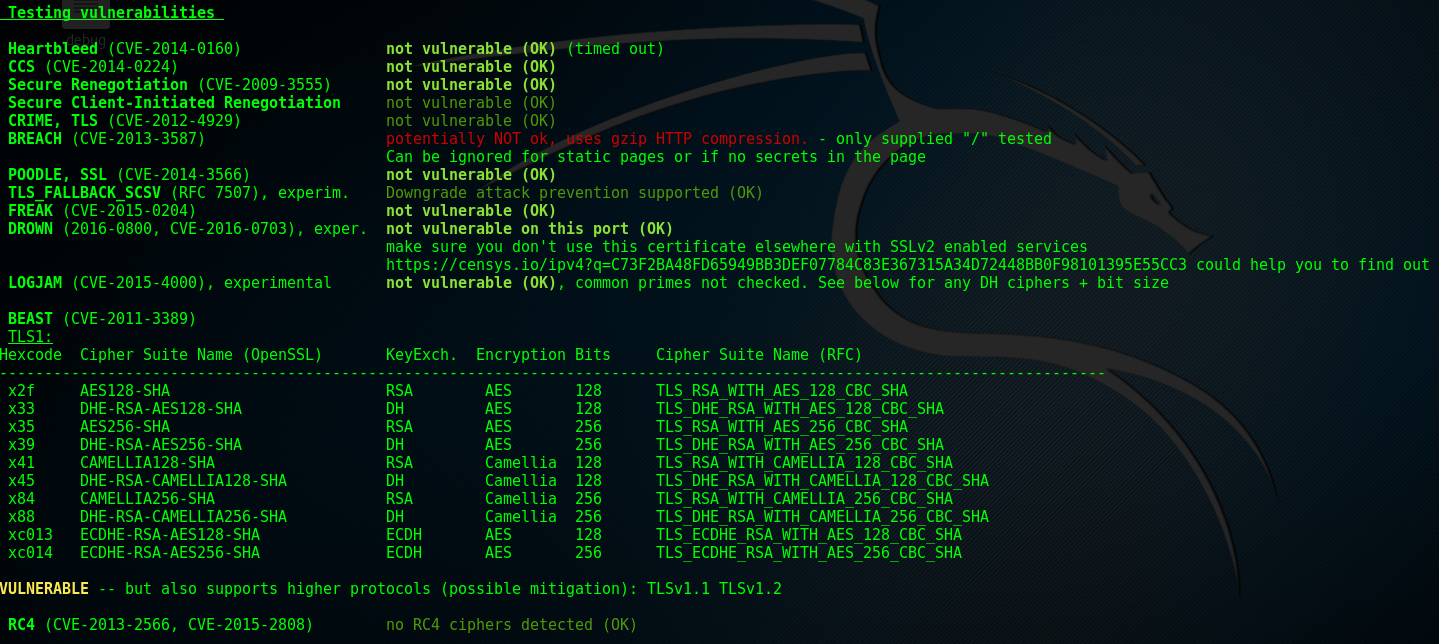
The second (and more efficient method) is to reissue the client certificate, ensuring that the issuing CA uses the "Microsoft Enhanced RSA and AES Cryptographic Provider".ġ-Client Auth - OFF with TLS 1.2 => works/app-launch with all versions of ReceiverĢ-Client Auth - Mandatory with TLS 1.1/1.0 => works/app-launch with all versions of Receiverģ-Client Auth - Mandatory with TLS 1.2 => Only works with older receiver v3.4 but fail for latest v4.3/v4.4Ĥ-Client Auth - Mandatory with TLS 1.0/1.1/1.2 => only works with older receiver v3.4 and not for latest v4.3/v4. However, this would need be done for every client certificate. It is pretty common to see these as SSL/TLS certificates.

The first is to use OpenSSL to change the client certificate's provider name to "Microsoft Enhanced RSA and AES Cryptographic Provider". TLS 1.2 can verify length based on cipher suite type, making it much harder to relay attack. Allows authentication with a password over TLS. TLS PSK Pre Shared Key Kerberos Password. Depending on CipherSuite, for Server Public Key can be used to derive pre-master-key. If the server DOES support the tested TLS version, you will get a different message which shows the SSL certificate chain, like follows: openssl s_client -connect lanedirt.As per, support for TLS1.2 was introduced in receiver 4.2 and hence 4.1 was still using TLS1.0 and was working.In order to resolve the issue in this case, use the "Microsoft Enhanced RSA and AES Cryptographic Provider" for all certificates issued to clients/users in use scenarios where TLS_1.2 is enforced by the NetScaler. It applies To Server Certificate or to Client Certificate authentication. SSL handshake has read 7 bytes and written 104 bytes If the server does NOT support the tested TLS version, you should get a message like follows which states “no peer certificate available”. Openssl s_client -connect lanedirt.tech:443 -tls1_3 # tls 1.3 Openssl s_client -connect lanedirt.tech:443 -tls1_2 # tls 1.2 Openssl s_client -connect lanedirt.tech:443 -tls1_1 # tls 1.1

On Linux you can check if your webserver accepts TLS 1.0 or TLS 1.1 via the following command: Check TLS 1.0 / 1.1 / 1.2 / 1.3 openssl s_client -connect lanedirt.tech:443 -tls1 # tls 1.0 The vulnerable function aesnicbchmacsha1cipher is only included in the 64-bit versions of OpenSSL.


This leads to an integer underflow which can cause a DoS. There is no checking of names of the client against the certificate Subject Name or. The AES-NI implementation of OpenSSL 1.0.1c does not properly compute the length of an encrypted message when used with a TLS version 1.1 or above. It is recommended to only support TLS 1.2+. TLS is supported in Exim using either the OpenSSL or GnuTLS library. As of the time of writing, TLS 1.0 and 1.1 are not deemed safe anymore and prone to mane-in-the-middle attacks.


 0 kommentar(er)
0 kommentar(er)
